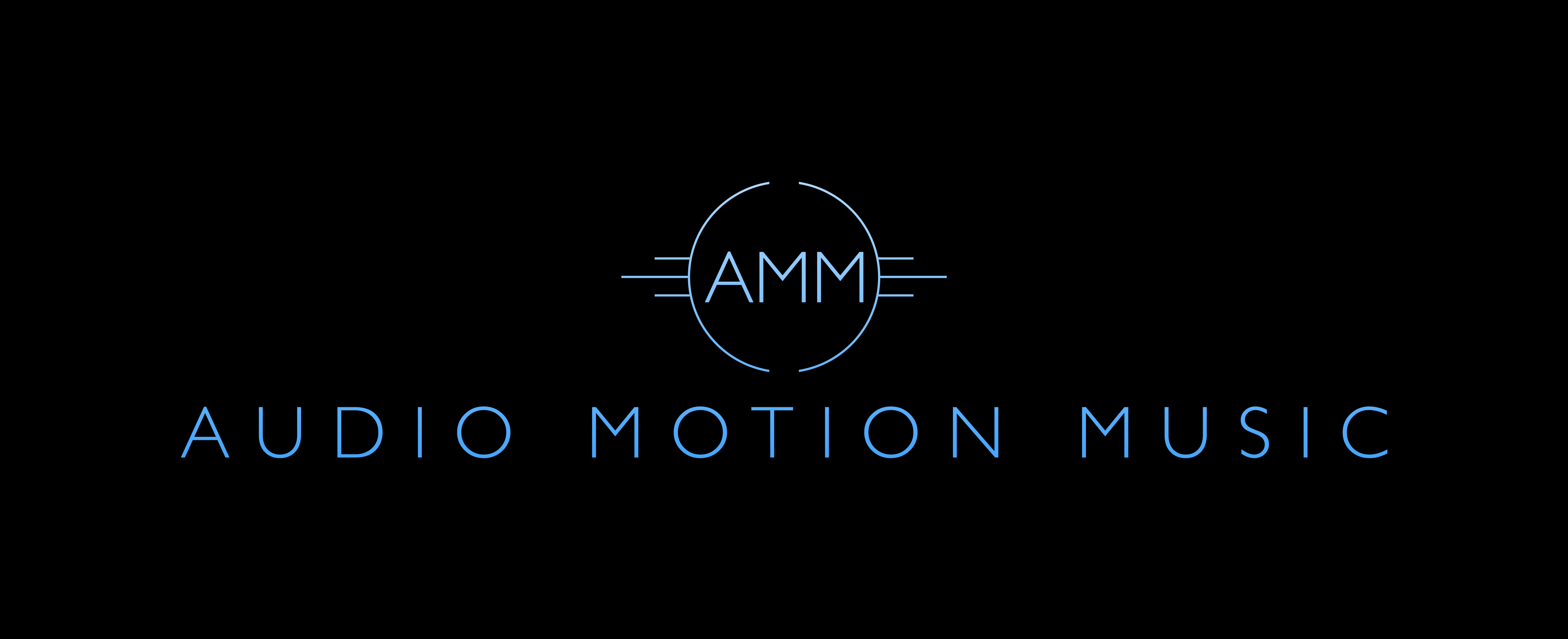Music licensing can be a complex and confusing process, especially for those who are new to the industry. Whether you are a music creator, filmmaker, video game developer, or other type of content creator, it is essential to understand the basics of music licensing in order to avoid legal issues and protect your rights. In this article, we will explore the top 5 things you need to know about music licensing.
1. Copyright Law
The first thing to understand about music licensing is that it is governed by copyright law. Copyright law exists to protect the rights of songwriters, composers, and other creators of original works, including popular songs. When you use a popular song in your project, you must obtain permission from the copyright holder or their authorized representative.
2. The Difference Between Sync and Master Licenses
There are two main types of licenses you need to be aware of when it comes to music licensing: sync licenses and master licenses. A sync license is the right to use a song in a specific context, such as in a film, TV show, commercial, or video game. A master license, on the other hand, is the right to use a recorded version of a song.
3. The Importance of Clearing a Song
Clearing a song is the process of obtaining the necessary permissions to use a popular song in your project. This includes both sync and master licenses. Failing to clear a song can result in significant financial penalties and even legal action, so it is essential to understand the importance of clearing a song before you start using it in your project.
4. Music Licensing Companies
There are many music licensing companies that can help you obtain the necessary permissions to use popular songs in your project. These companies can help you identify the songs you need, secure the necessary licenses, and ensure that you are in compliance with all applicable laws. Some popular music licensing companies include Audio Motion Music, SongFreedom, and Musicbed.
5. Negotiating Licensing Fees
The final thing to know about music licensing is that licensing fees can vary depending on the specific use case and the popularity of the song. When negotiating licensing fees, it is important to consider the budget of your project, the expected return on investment, and the length of time you will be using the song.
